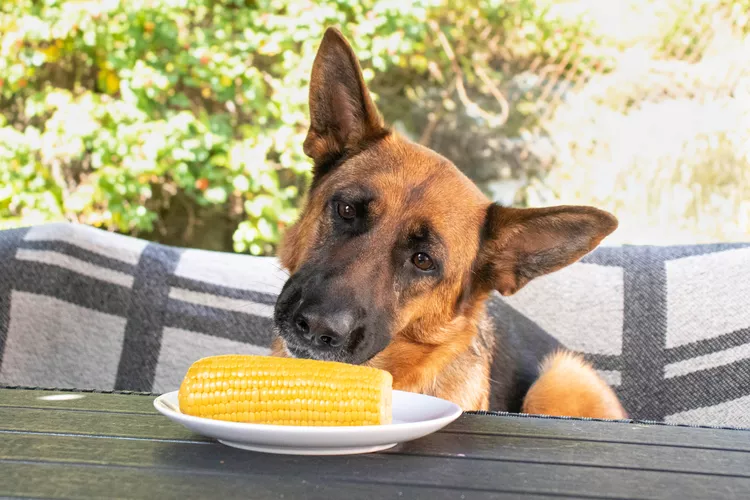
Does your dog beg for a taste of your corn on the cob? You may be tempted to give in to your drooling pooch and offer it as a tasty treat. Some people think corn on the cob is a safe treat for dogs, but this is actually not the case.
Although corn itself is not actually toxic to dogs, feeding corn on the cob can be extremely dangerous.
Feeding corn on the cob to dogs may lead to gastrointestinal obstruction from ingesting the cob. The risk is highest for medium and small dogs but still can be an issue for large breed dogs as well.
Many dogs love to chew on corn cobs because they love the taste of corn and any butter or salt that remains. Unfortunately, too many dogs will gulp a whole corn cob or eat large pieces of cob, leading to a gastrointestinal injury or obstruction. This is because corn cobs do not fully break down in a dog's stomach, and the size of the corn cob is often too large to pass through the rest of the gastrointestinal tract. This risk of gastrointestinal injury is highest in small and medium dogs, but large dogs can be affected. In addition, corn cobs can be choking hazards.
If a dog has a gastrointestinal obstruction or injury, you may not see any signs at first. When the signs do appear, they can vary from mild to severe. Most dogs with GI obstruction or injury will show several signs.
The signs of a GI obstruction may appear similar to the signs of other health issues, so don't jump to conclusions or panic. However, it's essential to contact your veterinarian if your dog is showing any signs of illness, regardless of the potential cause.
If you suspect your dog has swallowed a corn cob, the first thing you should do is contact your veterinarian. Although not all dogs will develop problems after eating corn cobs, it's best to prepare for it just in case. Your vet will advise you on the next steps to take.
Dogs with signs of illness should be taken to the nearest open veterinary office as soon as possible. Gastrointestinal obstruction is an emergency.
Never attempt to induce vomiting in your dog unless you have been specifically advised to do so by a veterinarian. Inducing vomiting can lead to further damage to your dog's stomach and esophagus.
Some dogs will go to great lengths to get tasty treats. This may mean raiding the trash can. When disposing of corn cobs, avoid leaving them in a trash can that your dog can access. The best thing to do is put them in an outside trash or compost bin that is sealed tight and out of reach of dogs or wildlife. Or, you can toss them in a bag in your freezer until trash day.
When entertaining friends and family, make sure everyone knows that corn cobs are off-limits for the dog. In fact, it's best to ask guests to refrain from feeding any kind of table scraps to your dog.
Many dogs enjoy the taste of corn. Fortunately, plain corn is safe for dogs to eat in moderate amounts as long as the dog is not allergic to corn.
Dogs can eat corn as a treat or food topping as long as you remove it from the cob. After cooking the corn on the cob, simply cut it off with a knife and offer a small amount. Never add salt, fat, or other seasonings.
Remember that dog treats should never make up more than 10% of your dog's primary diet, corn included. While it is a safe treat, corn does not have many nutritional benefits for dogs. Feeding too many treats and not enough complete and balanced dog food can lead to malnutrition and other issues.
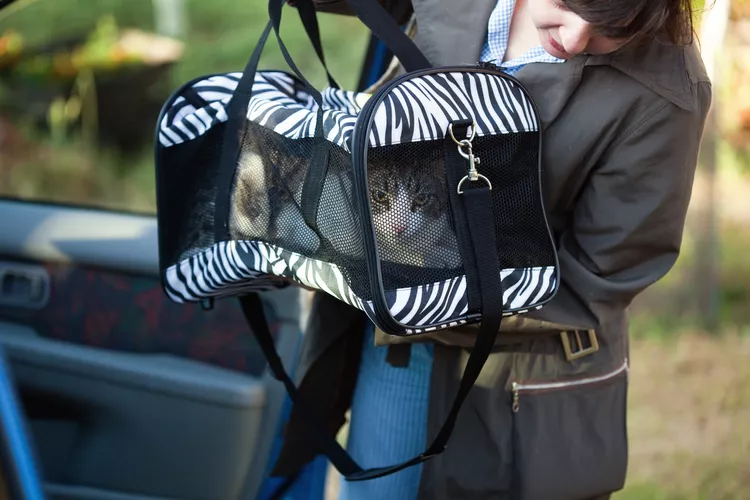
How to Take a Car Trip With Your Cat
Think you can't travel with your cat? Think again! Traveling with your cat just takes a little preparation and planning. Here's how.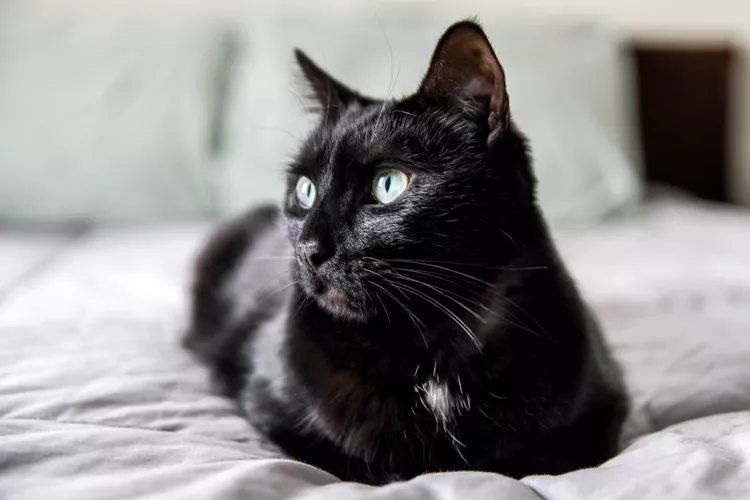
How to Determine Your Cat's Age
Determining the age of an adopted cat is just guesswork, but a vet can look at teeth, sexual maturity, fur coat, and eyes to estimate.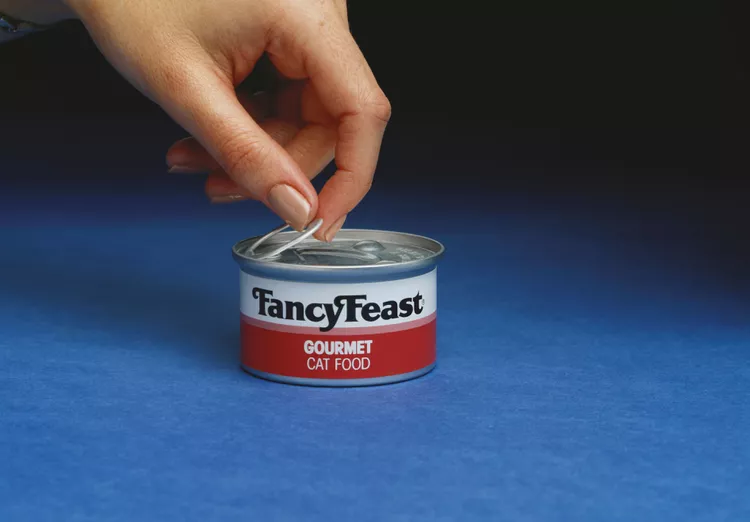
Cat Food Ingredients to Avoid
When checking the nutrition content of cat food, look for ingredients that are not healthy or show it is of poor quality. Avoid these 3 ingredients.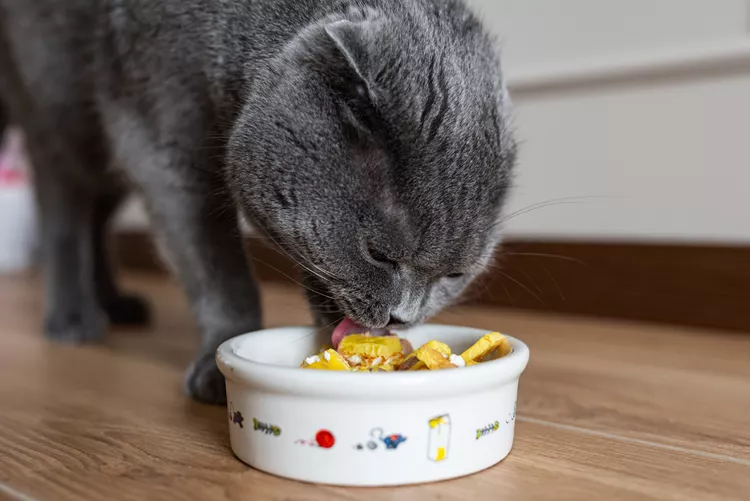
What You Need to Know About Homemade Cat Food
If you want to cook for your cat, make sure to read about the risks associated with homemade diets for cats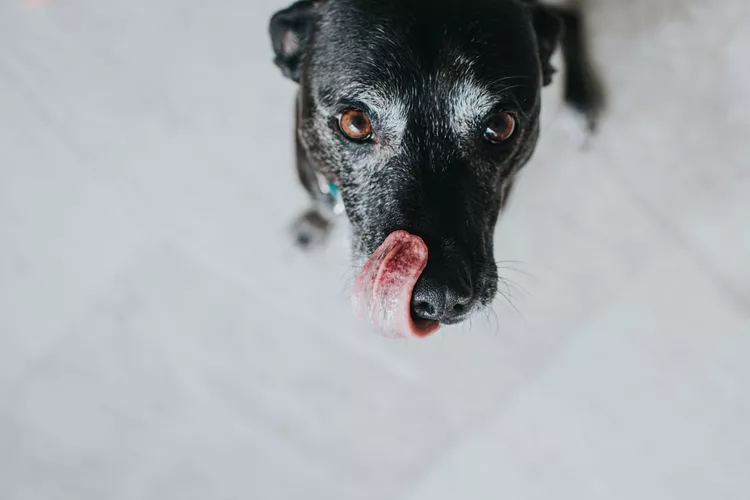
Can Dogs Eat Raw Chicken Feet?
What are the potential health benefits of chicken feet for dogs? What are the risks?
Macadamia Nuts and other Nuts That Are Toxic to Dogs
Find out why macadamia and other nuts are poisonous to dogs, what signs to look for, and what is needed to treat the toxicity.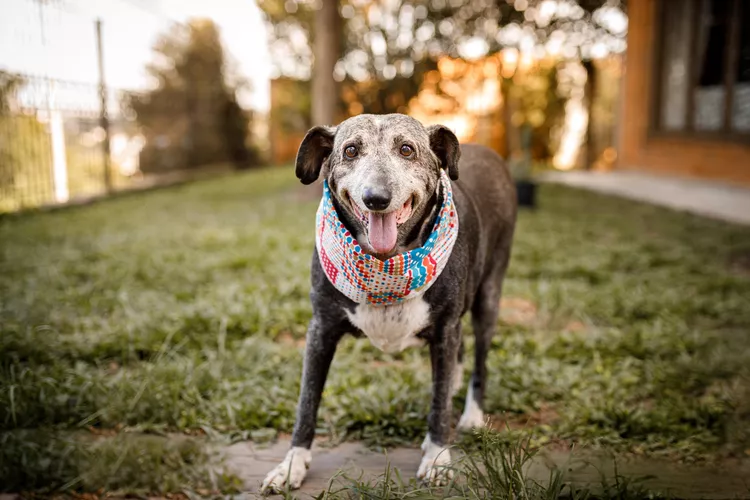
10 Tips for Taking Care of a Senior Dog
Is your dog a senior? Changes to their diet, exercise, and care are required. Here's how to make sure they're living their best and healthiest life.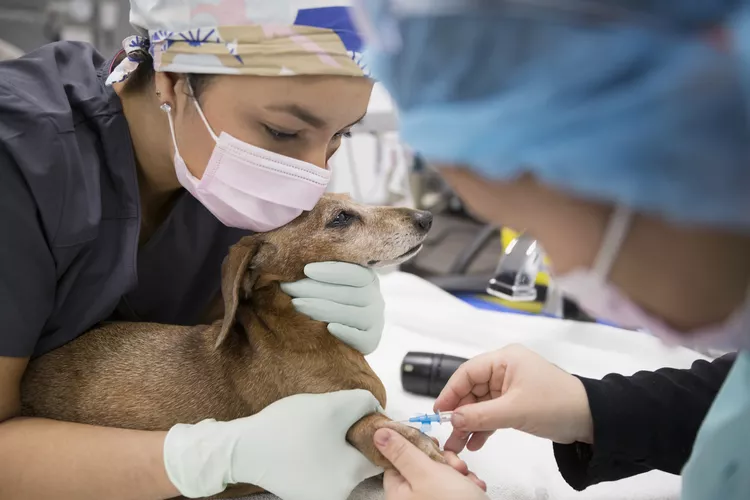
Hookworms in Dogs
Hookworms can make a dog uncomfortable but may also lead to serious blood loss and anemia. Learn the causes, treatment, and prevention.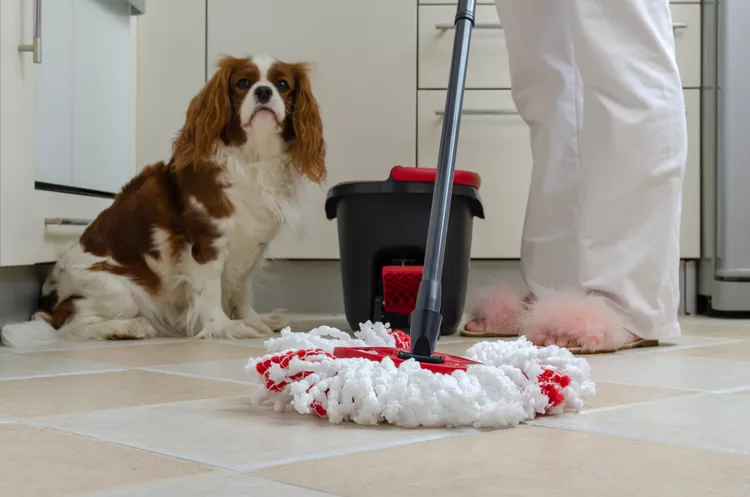
Is Swiffer WetJet Safe to Use Around My Pet?
ASPCA toxicologists deemed Swiffer WetJet to be safe for use around pets, but there are other all-natural floor cleaning options available.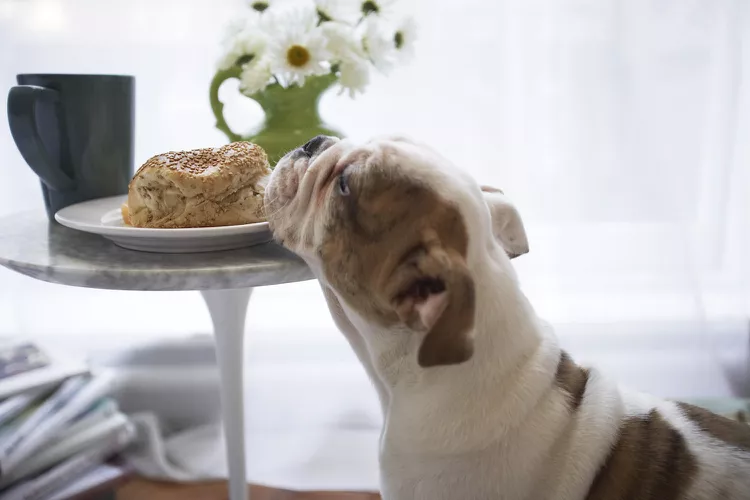
Can Dogs Eat Bread?
Is bread a safe snack for you dog? Are there kinds of bread you should avoid? Learn more about whether it's okay to feed your dog bread.
14 Hypoallergenic Cat Breeds for People With Allergies
There are no true hypoallergenic cat breeds. But some, such as the Siamese and Siberian, might be less likely to cause allergies than others.
Burmilla: Cat Breed Profile, Characteristics & Care
The playful and social burmilla is one of the newest cat breeds to be officially recognized by the CFA. Learn about burmilla breed.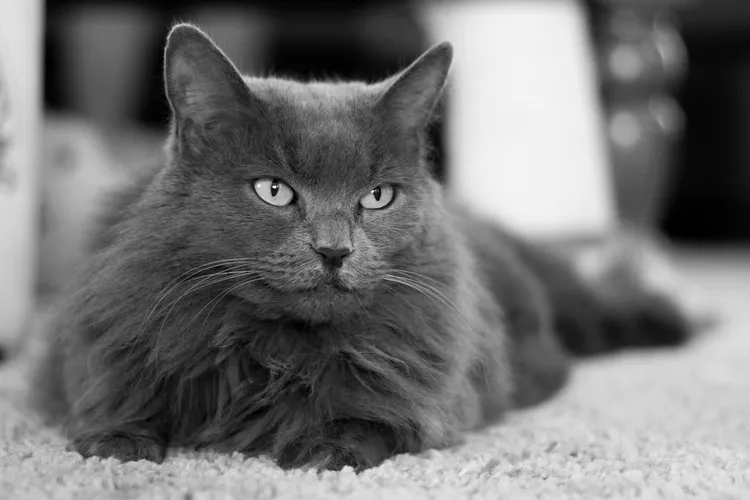
Nebelung: Cat Breed Profile, Characteristics & Care
The Nebelung is a rare breed of domestic cat that’s known for their long gray-blue fur and gorgeous green eyes. Learn about the Nebelung cat breed.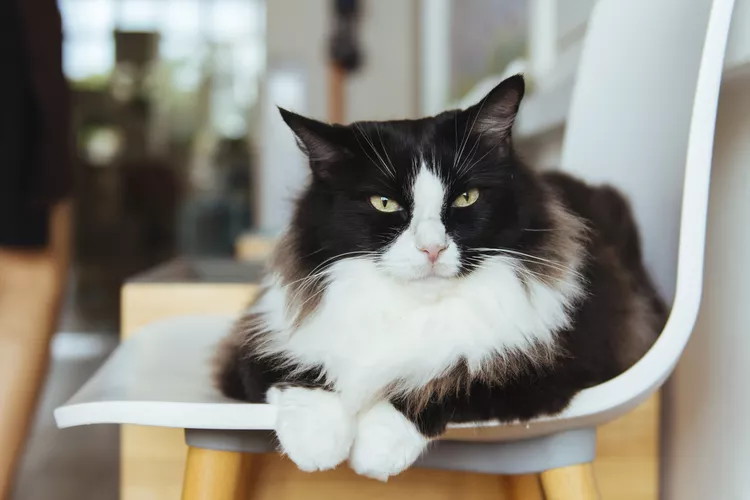
Cymric: Cat Breed Profile, Characteristics & Care
The Cymric, a long-haired Manx, is one of the world's oldest cat breeds. This tailless cat is friendly and playful. Learn about the Cymric breed.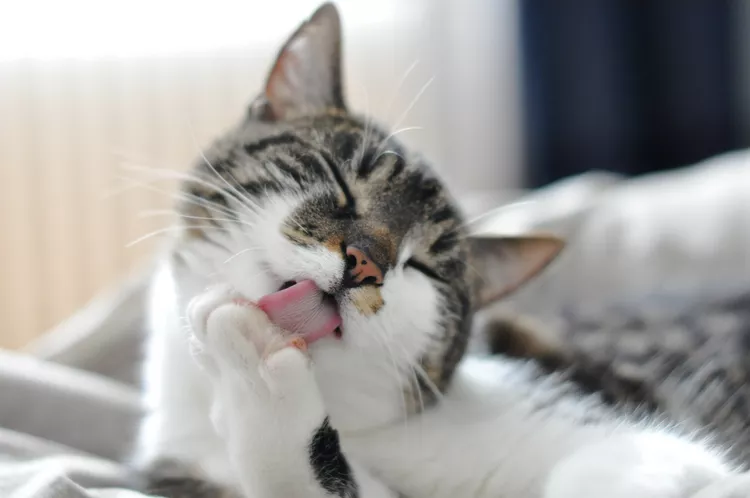
Here's Why Cats Groom Themselves
Learn all about cats' grooming habits: how and why cats groom, including mutual grooming, over-grooming, and displacement grooming!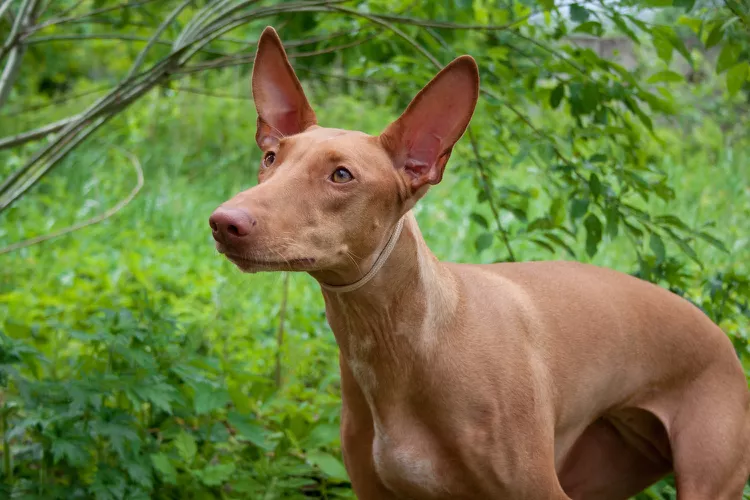
Pharaoh Hound: Dog Breed Characteristics & Care
Learn all about the Pharaoh hound, a sight hound dog breed known for their slim appearance and the ability to blush when excited.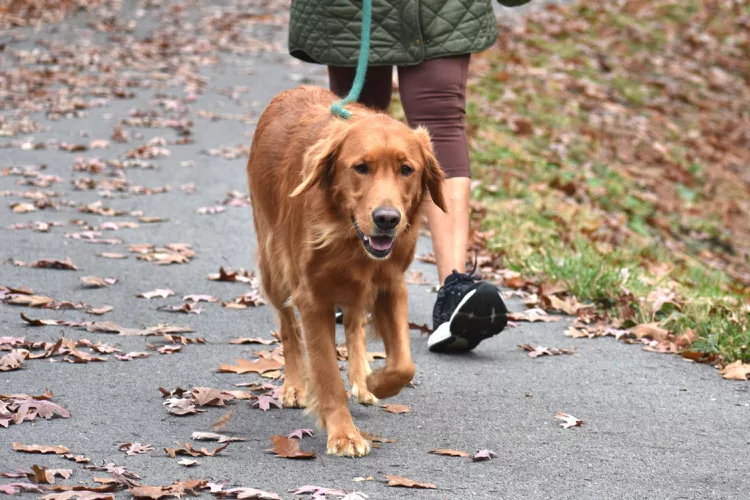
How to Walk Your Dog
Dog walks should be fun for your dog while respecting your community. Learn why walking your dog is important and get essential safety and training tips.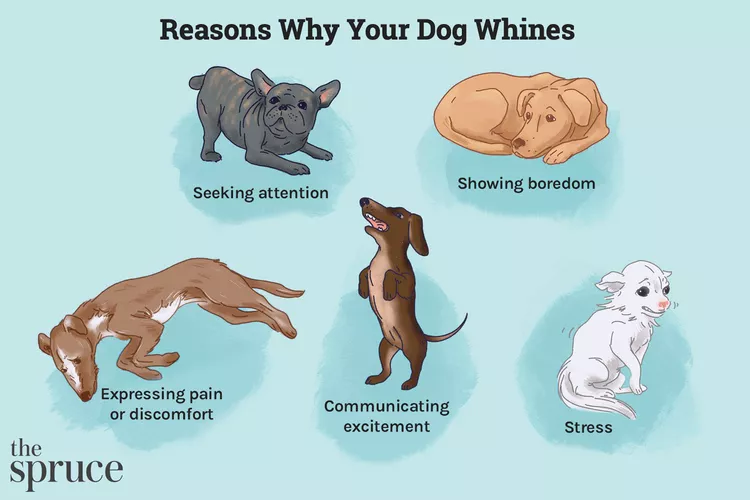
How to Stop Your Dog From Whining
Whining is a natural way for your dog to communicate with you. Explore the reasons dogs whine and how to discourage your dog from whining too much.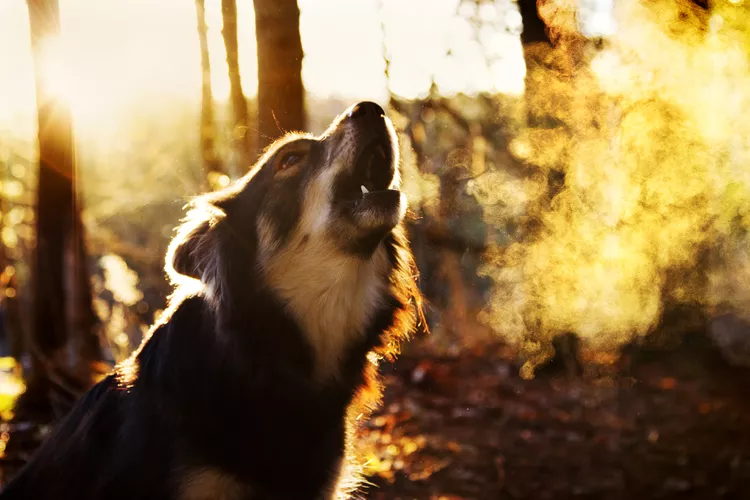
How to Stop Your Dog From Barking Excessively
All dogs bark, but excessive barking is a behavior problem. Learn how to help stop excessive barking and prevent it from happening all the time.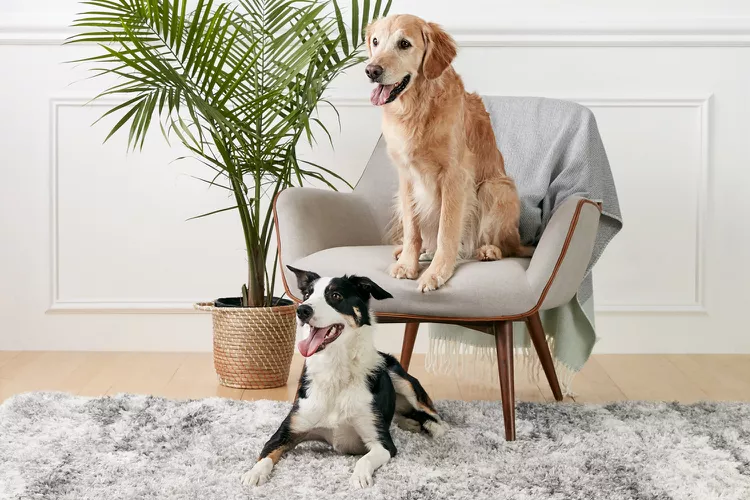
How to Train Your Dog to Live With Another Dog
When you add a second dog to your household, it's natural that there will be an adjustment period. Learn how to get two dogs to become acquainted.